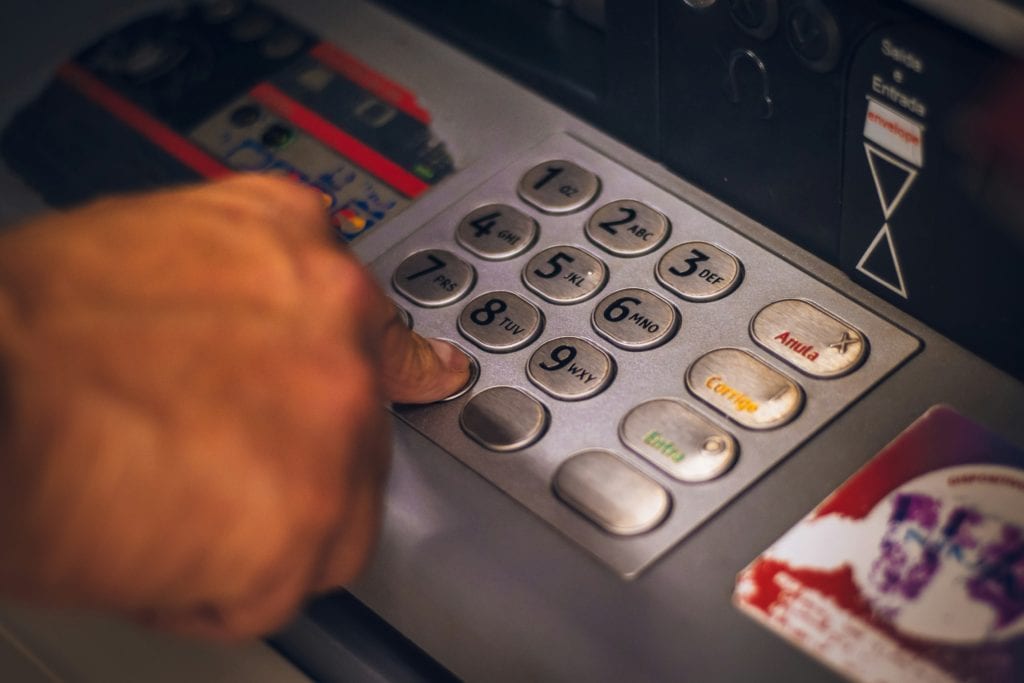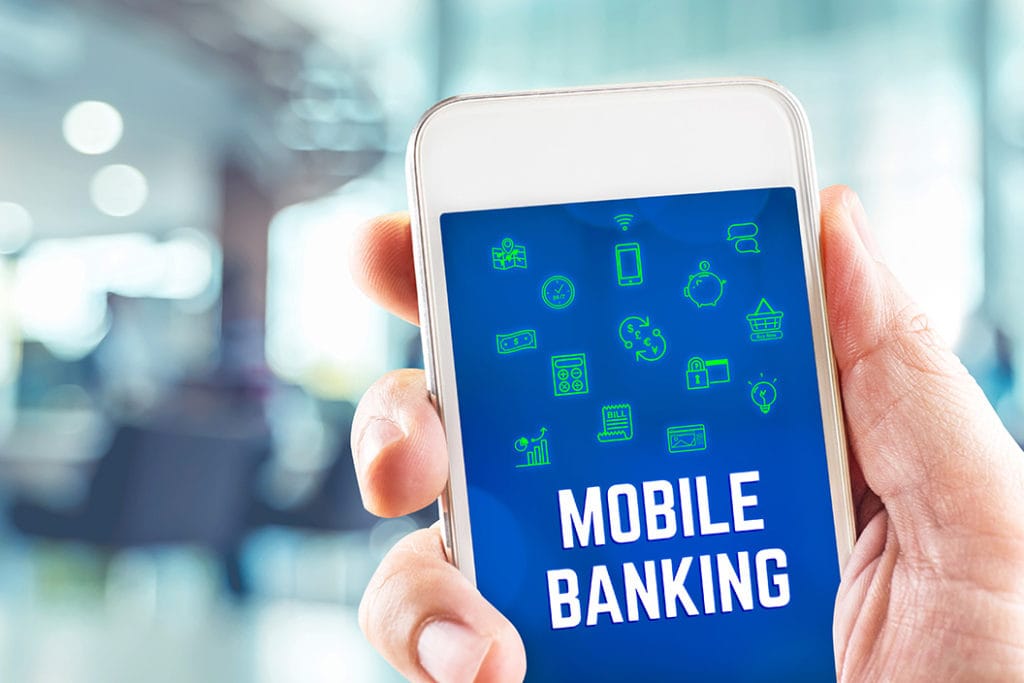DOWNLOAD The Auction Profit Blueprint
The 4 tools BIG organizations use every time to skyrocket auction profits!
The Step-By-Step Guide to stop leaving thousands on the table.
Discover some of the best institutions for nonprofit banking in our guide. CharityAuctionsToday can help you choose the best bank for your organization.

Nonprofit bank accounts are essential tools for organizations looking to manage their finances effectively and maintain credibility. As a nonprofit administrator, selecting the ideal banking partner is key to enabling your organization to reach its objectives. In this comprehensive guide, we will explore various aspects of nonprofit accounts to consider when choosing the best banking partner.
Our discussion will highlight the benefits of having dedicated nonprofit bank accounts to enhance your organization’s credibility while simplifying expense tracking and streamlining donation management. In addition, we’ll examine key factors such as fee structure comparison and quality customer support that should influence your decision-making process when selecting the best banks for nonprofits.
To help you make an informed choice, we’ve compiled a list of top recommended banks and credit unions for nonprofits, offering competitive rates alongside robust online tools or specialized services designed to meet your organization’s specific needs.
When picking a bank for your nonprofit, you have a few main categories of financial institutions to choose from
Look for low or no monthly fees, minimal initial deposit requirements, and no minimum balance requirements. Ensure that your chosen bank is FDIC insured and your credit union is NCUA insured for added security.
Find the right banking partner to support your organization’s mission and manage its finances effectively.
"Maximize your nonprofit's funds with the right bank account. Choose tailored options, higher interest rates, and digital features for effective financial management. “
We don’t have to tell you that managing your nonprofit’s finances efficiently is critical, and digital banking tools are essential for remote and on-the-go banking. The best bank for nonprofits might be the one that makes it simple to do business on the go.
Choose a bank or financial institution with a user-friendly mobile app that allows you to manage your nonprofit bank accounts from anywhere, including features like checking balances, transferring funds, depositing checks, and accepting donations. If a mobile app is on your list, understand that some credit unions lag in that technology. Unfortunately, some credit unions lag on technology updates, leaving them without a mobile app or with one in production for later.
Ensure the chosen financial institution has strict security protocols to protect against fraud and unauthorized access to your business accounts, including multi-factor authentication and encryption technologies.

Thanks to today’s technology, popular software integration takes minutes instead of days to configure.
Incorporating these digital banking features into your nonprofit’s operations will streamline fund management and enhance transparency and accountability within the organization.
Separating your finances with a nonprofit bank account adds credibility and professionalism to your organization while simplifying expense tracking and donation management.
A separate nonprofit bank account shows that your organization is serious about financial transparency and accountability, which builds trust with donors and establishes your exempt status with the IRS.
A nonprofit bank account enables efficient donation management by accepting cash payments and deposits, tracking incoming funds, and integrating with online donation platforms such as CharityAuctionsToday, and financial services providers.
Some banks offer specialized financial products tailored for nonprofits, such as higher interest rates on savings accounts and lower fees on credit card processing or cash management tools.

When choosing a bank for your nonprofit in 2023, consider fees, customer support, accessibility, and compatibility with existing financial systems.
Compare fees from different banks and credit unions to find the best fit for your nonprofit’s needs.
Choose a bank with responsive and knowledgeable customer support tailored to nonprofits.
Choose a financial institution compatible with your nonprofit’s existing accounting software or other financial systems to ensure seamless integration.
Overall, finding the best bank for your nonprofit involves considering fees, customer support, accessibility, and compatibility with existing financial systems.
Choosing the right bank for your nonprofit is one of your organization’s most important financial decisions—it can impact your financial stability and credibility.
Compare online and traditional banks, evaluate credit union offerings, and identify specialized nonprofit account features to make an informed decision.
Remember to consider digital banking features like mobile app functionality, security protocols, and integration with accounting software – they can simplify expense tracking and streamline donation management.

A nonprofit should have a dedicated business checking account to separate its finances from personal accounts, and some banks offer specialized nonprofit accounts with tailored services for better financial management.
A 501(c)(3) organization can hold any amount of money in the bank if it aligns with its mission and complies with IRS regulations.
No, nonprofits should not use personal bank accounts for organizational transactions, as it may lead to legal issues, jeopardize tax-exempt status, or create difficulties during audits.
To open an account for your nonprofit, you’ll need an EIN, incorporation paperwork, an IRS determination letter, a list of authorized signers, organizational bylaws or meeting minutes, and an initial deposit.
DOWNLOAD The Auction Profit Blueprint
The 4 tools BIG organizations use every time to skyrocket auction profits!
The Step-By-Step Guide to stop leaving thousands on the table.

